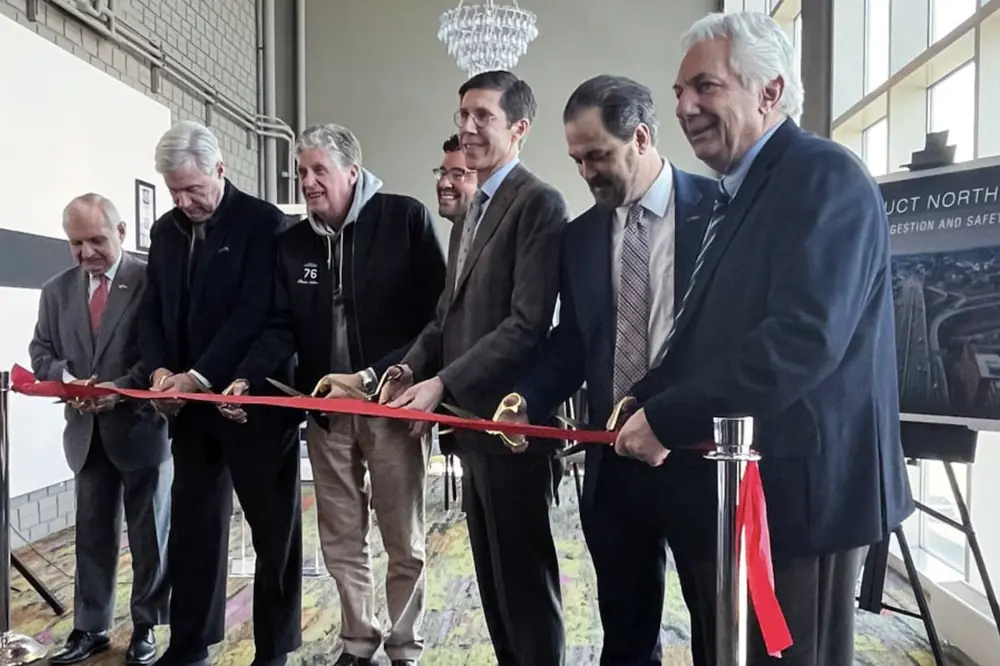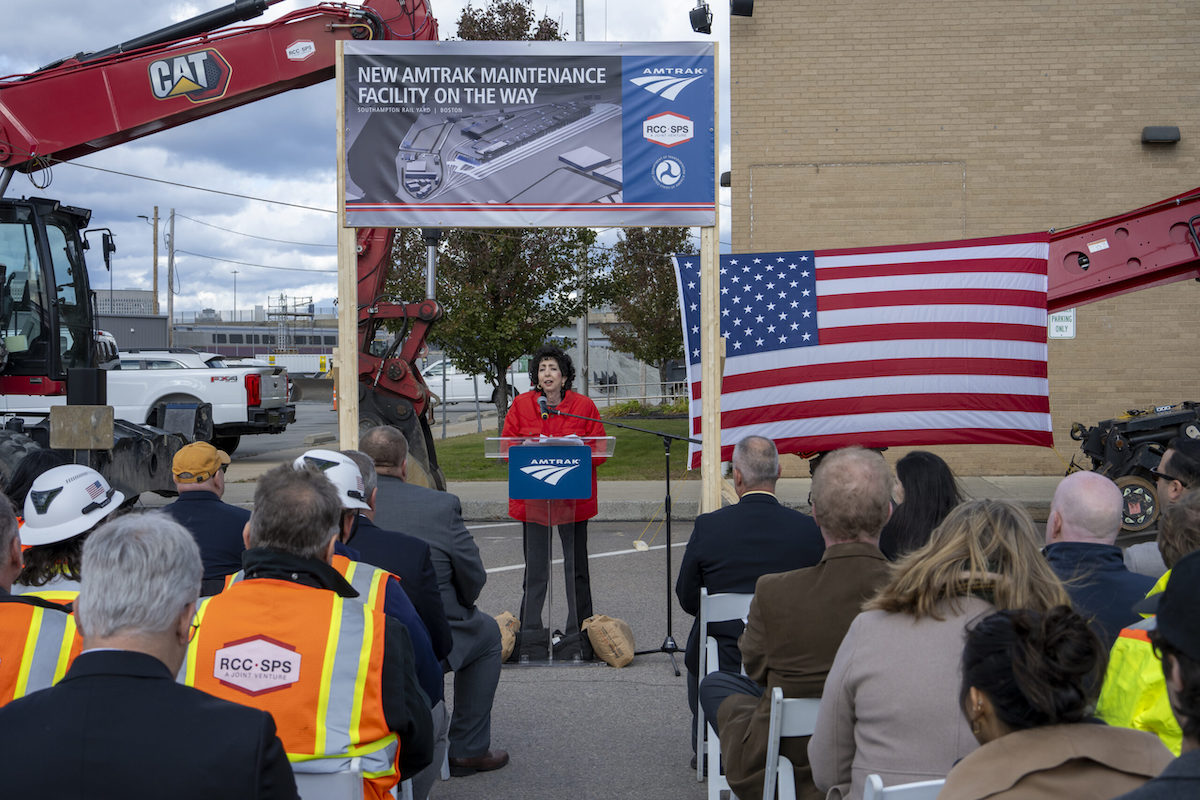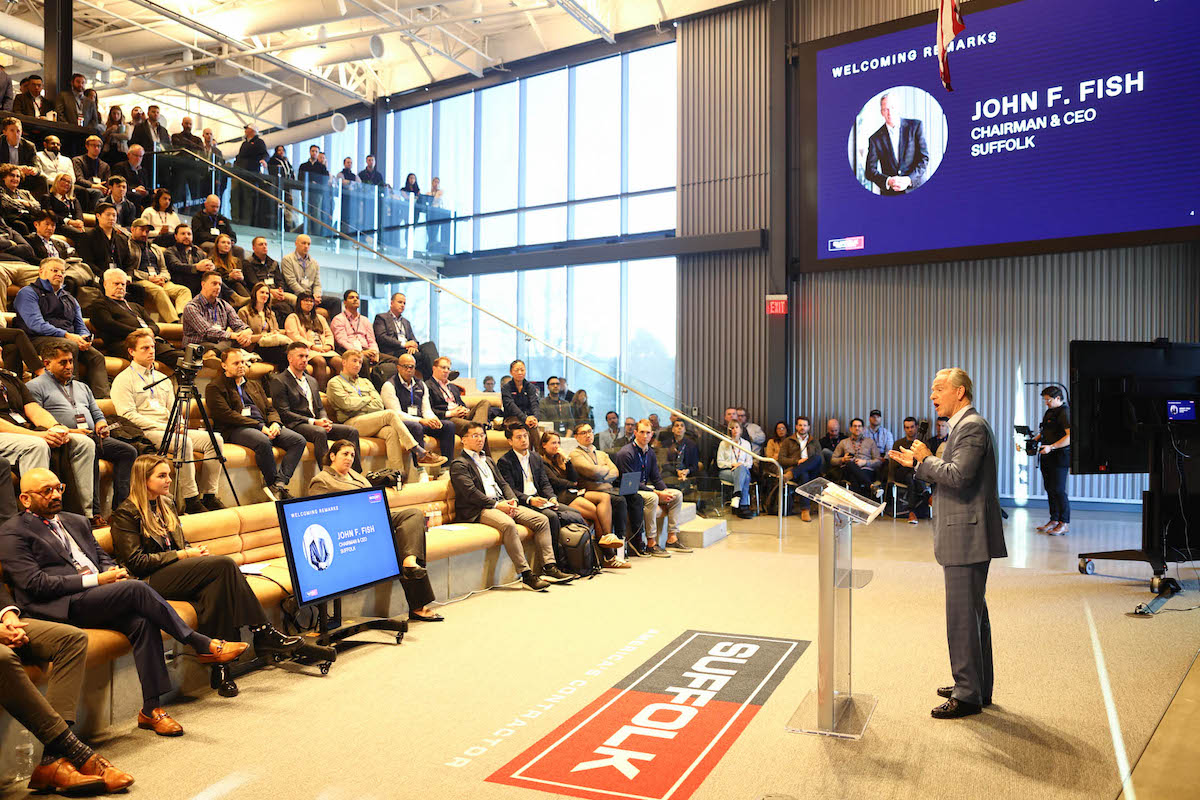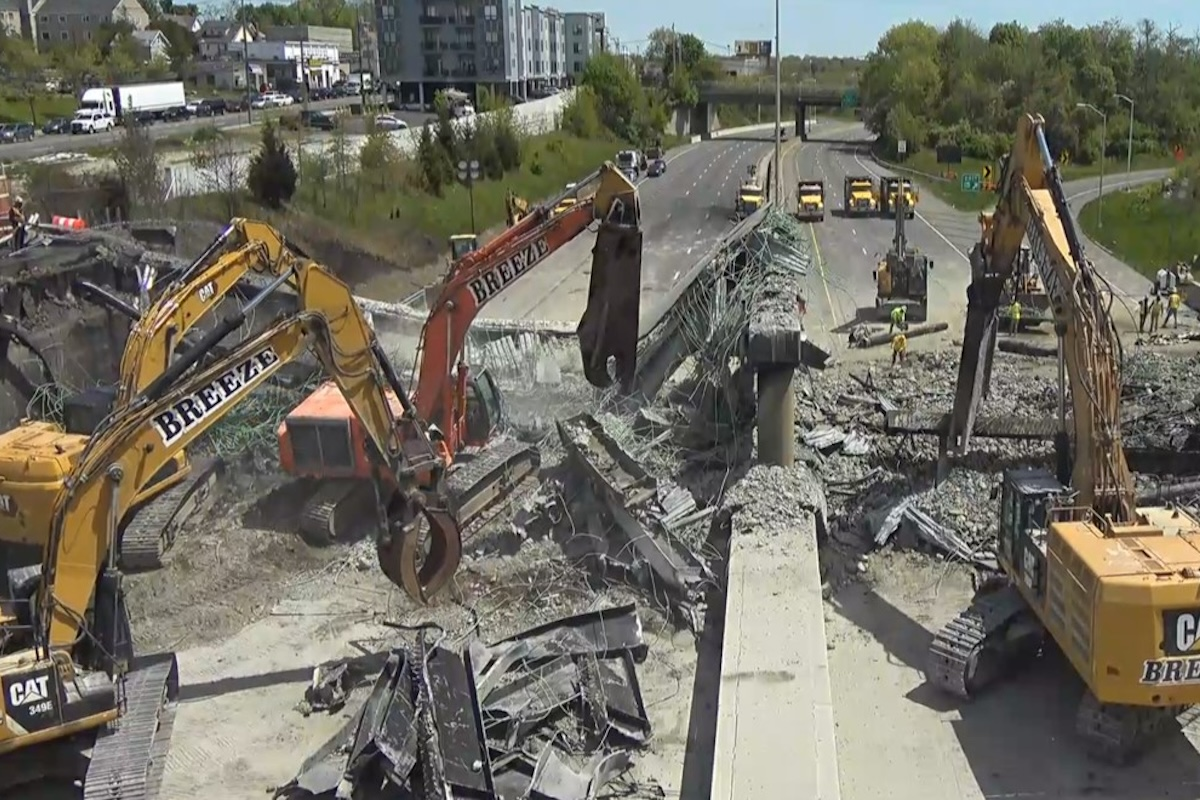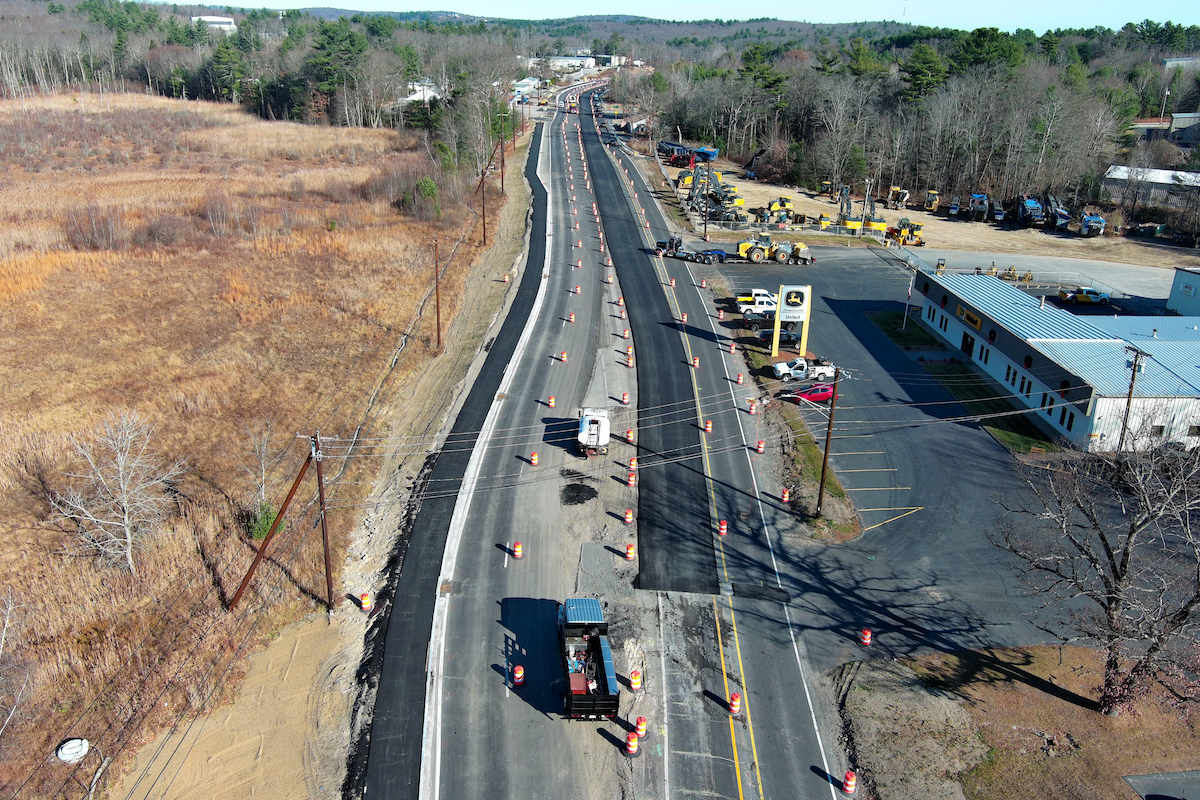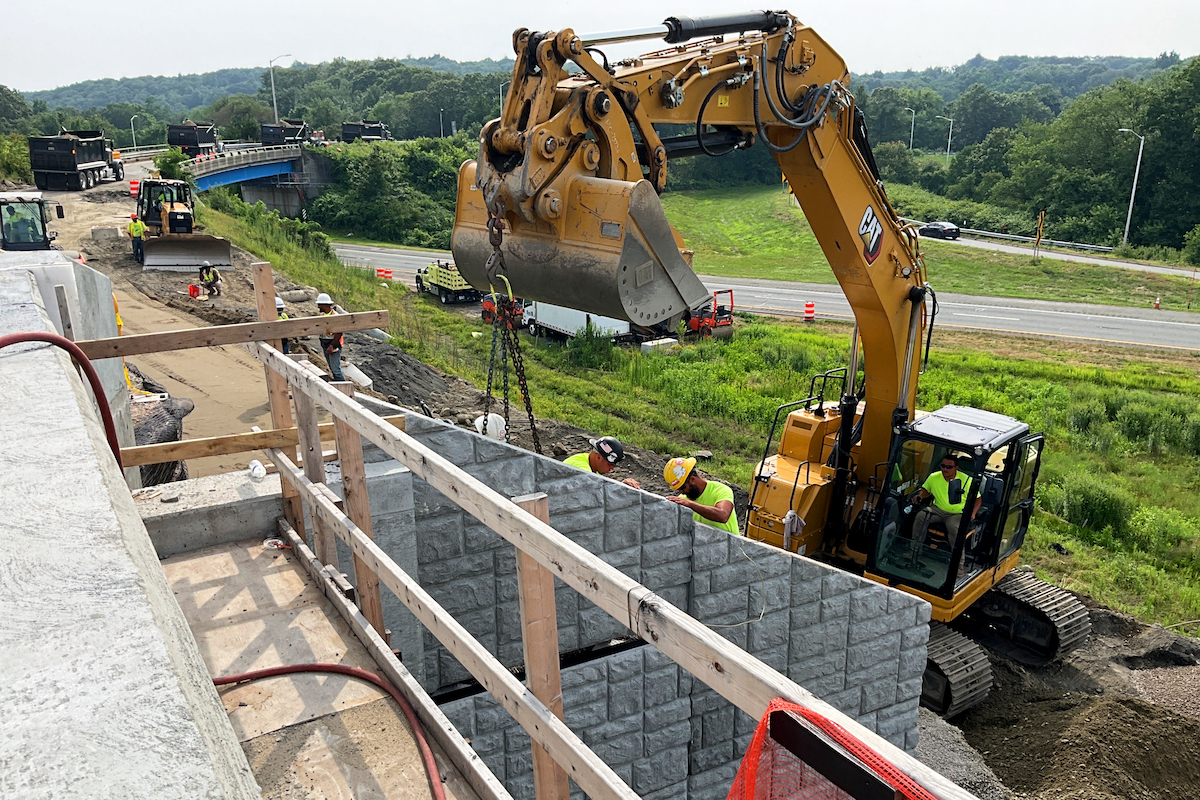Transportation and Climate Initiative Agreement to Deliver Northeast at Least $1.4B in Transit System Investment

Representing 72 million residents and 52 million registered vehicles, the TCI jurisdictions released initial projections of the potential benefits the program would provide region-wide, based on economic modeling that evaluated various options for a program that caps and reduces carbon dioxide pollution from combustion of gasoline and on-road diesel fuel. Under the modeling, which evaluated the results of carbon caps that would reduce carbon emissions by 20 to 25 percent by 2032, the proposed program could yield annual public health benefits across the Northeast of $3 billion to $10 billion, and $250 million to $892 million in avoided costs due to worsening storms and other climate impacts.
States will be able to independently decide how to invest proceeds in accordance with program goals. In the Commonwealth, the Baker-Polito Administration will invest the funding in ways that work best for communities, with the goal of enhancing the transportation system, reducing pollution and increasing economic development while promoting equity and providing benefits to lower-income and rural communities. Under the Baker-Polito Administration’s transportation funding plan, up to half of the revenue received by Massachusetts from the TCI would be directed to the Commonwealth Transportation Fund. Remaining funds would be invested in programs that reflect important local and community transportation priorities to be developed with public and stakeholder input.
The program is modeled after the success of the Regional Greenhouse Gas Initiative, which has reduced emissions from the power sector and supported energy efficiency programs in the Commonwealth. The draft MOU builds on the public feedback received, including five regional workshops led by the Executive Office of Energy and Environmental Affairs and Massachusetts Department of Transportation to solicit public feedback on draft framework released in October 2019.
In addition to economic and health benefits, the TCI published a draft Memorandum of Understanding that provides additional details on the program design. A ‘cap-and-invest’ program is being developed to reduce the consumption of on-road diesel and finished motor gasoline. According to the proposal, distributors of gas and diesel fuel would have to purchase allowances through an auction for each ton of carbon emitted when the fuels they sell are burned. Through investments of these proceeds under TCI, the program enables the transition to cleaner fuels and transportation options. The TCI program sets a cap on pollution and allows the market to determine how best to achieve those emissions reductions.
“The draft Memorandum of Understanding puts us on a path to creating a regional framework to reduce Greenhouse Gas emissions from the transportation sector,” said Transportation Secretary and CEO Stephanie Pollack. “Massachusetts is intensely focused on developing a program that can be broadly acceptable to as many of our partner states as possible.”
The draft agreement released by the TCI, created to address greenhouse gas emissions in the transportation sector, includes initial projections of the potential economic and public health benefits the program would provide as well as additional information on the program design. Last year, the Commonwealth’s Commission on the Future of Transportation’s report called for immediate action to reduce emissions in the sector.
“At a time when the climate crisis is more urgent than ever, the Northeastern and mid-Atlantic states are rising to the challenge,” said Ken Kimmel, President, Union of Concerned Scientists. “If the states proceed with these policies, they’ll significantly reduce carbon pollution from the transportation sector … improve public health and make transportation cleaner, more affordable and more reliable.”













